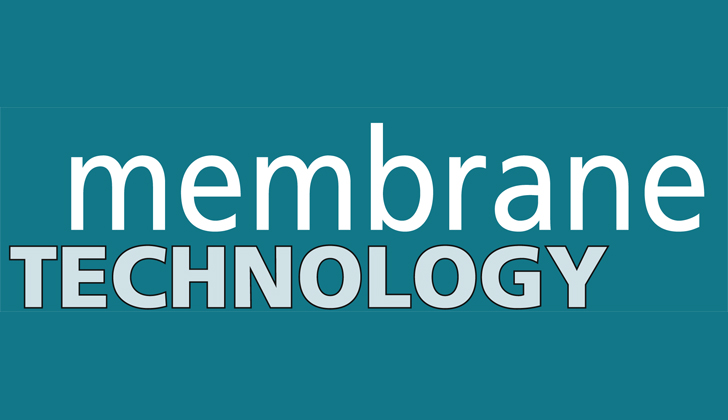
Water and wastewater treatment company De.mem is participating in an initiative by the Singapore government that aims to promote the research, collaboration and commercialisation of innovative membrane products and technologies. It also stands to greatly benefit the company.
The Singapore government’s National Research Foundation (NRF) recently announced a new strategic initiative called the Singapore National Membrane Consortium (SG-MEM). To achieve its objectives the SG-MEM will connect expertise in Singaporean research institutes with companies that can use cutting-edge research in membrane technology to meet industry needs.
Under the SG-MEM, research centres, such as the Singapore Membrane Technology Centre at Nanyang Technological University (NTU) and Membrane Science and Technology Consortium (MSTC) at the National University of Singapore (NUS), will be connected to small and medium enterprises (SMEs) such as De.mem.
De.mem says that it is ideally placed to benefit from the SG-MEM as it is one of the 15 founding members. Amongst those, De.mem is one of very few companies that has the capability to manufacture membranes in-house.
It also has a successful track record in technology transfer for low-pressure hollow-fibre nanofiltration (NF) membrane technology, which the company exclusively licensed from NTU in 2016 (see the feature article entitled ‘Energy-saving filter for wastewater treatment combines UF and RO’, Membrane Technology December 2016, page 7).
Compared with other, conventional, water treatment technologies this membrane reduces operating costs and capital expenditure, says the firm.
De.mem completed the set-up of a new factory for the production of this membrane, as well as other types of hollow fiber membranes, in July 2017 (see Membrane Technology September 2017, page 5).
The company intends to expand its proprietary technology portfolio around further innovative membrane technologies in the coming months.
Andreas Kroell, CEO, De.mem, commented: ‘The new SG-MEM initiative provides an excellent platform for us to further benefit from the outstanding capabilities of the Singapore research institutions, such as the SMTC/NTU, which we have partnered with in the past.’
‘The platform will help us to further expand our product portfolio and accelerate product development and commercialisation efforts. Based on our existing manufacturing facility for membranes and our position in the market with strong customer relationships and growing revenues, these research institutions also stand to benefit from their partnership with De.mem.’
Kroell concluded: ‘I believe De.mem can provide an excellent opportunity for researchers to commercialise their inventions.’
George Loh, NRF Director (Programmes), added: ‘Singapore has built up a strong reputation as a leader in membrane technologies for water treatment. However, larger water companies are more likely to benefit from advancements in membrane technology due to heavy outlay in research and innovation activities.’
‘The new membrane consortium will provide smaller companies, such as our SMEs, with access to membrane technologies for diverse application beyond water – to include the food and beverages, fragrance and med-tech sectors. This will help our SMEs build stronger capabilities to adopt the latest innovation for new growth opportunities.’
For more information, visit: http://demembranes.com, www.ntu.edu.sg/SMTC, www.eng.nus.edu.sg/mstc/index.html & www.nrf.gov.sg




